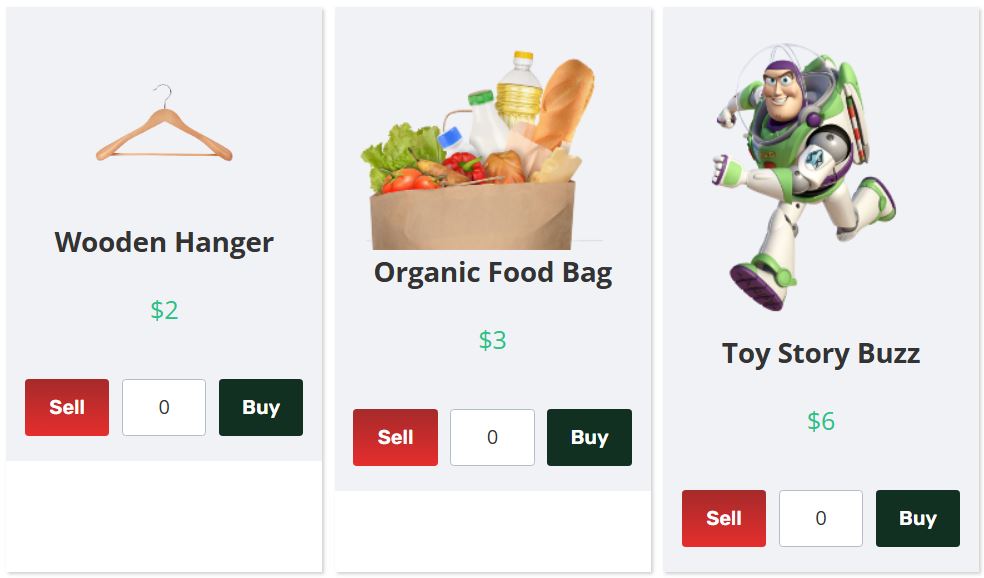
“Spend Steve Jobs Money” from Nealfun.org does a remarkable job of fusing financial literacy with playful fantasy, especially for such a seemingly straightforward idea. The challenge starts with a $10 billion digital bank account, an astounding amount based on Steve Jobs’ estimated wealth during his heyday at Apple. The objective is to spend every last penny in a matter of seconds. It’s impulsive, entertaining, and surprisingly educational.
You click frantically as your balance slowly sways as you browse through items that range from $2 hangers to $500 million sports teams. Though strangely hypnotic, this exercise in fast-paced consumerism offers a subtle perspective shift. The money obstinately persists even after you add fleets of Teslas, art museums, yachts, and helicopters to your virtual cart. The game’s main point—that it is nearly impossible to comprehend billionaire wealth solely by looking at numbers—becomes remarkably evident at that point. But when you visualize it, it becomes almost real.
Spend Steve Jobs Money – Game Overview
| Feature | Description |
|---|---|
| Game Title | Spend Steve Jobs Money |
| Platform | Nealfun.org |
| Creator | Jensen Bower |
| Launch Date | January 3, 2024 |
| Gameplay Objective | Spend a fictional $10 billion fortune within a set time limit |
| Style | Online interactive simulator |
| Device Compatibility | Desktop, tablet, and mobile supported |
| Key Element | Creative shopping with hundreds of virtual items |
| Inspired by | Steve Jobs’ legacy and net worth during peak Apple era |
The game offers a very flexible canvas for creativity by incorporating a variety of purchase options, ranging from commonplace items like gaming consoles and backpacks to outrageously extravagant items like private islands. The shopping frenzy turns into a window into value, scale, and, in the end, the ridiculousness of financial extremes. The goal is to translate that degree of wealth into decisions that are relatable, not to make fun of Jobs’ success.
Spend Steve Jobs Money has emerged as one of the Nealfun collection’s most notable games in recent months. Users could burn through the fortunes of pop star Billie Eilish, Elon Musk, and Jeff Bezos in other editions. However, there is a clear narrative layer to this one. Jobs, who is renowned for his spiritual curiosity and minimalist style, probably wouldn’t have purchased all of these items. The game is especially thought-provoking because of that irony. It encourages introspection in addition to careless clicking.
The simulator creates a sense of urgency through its timed gameplay that is reminiscent of challenges from viral arcades. The user experience is incredibly effective thanks to the interface’s fluidity and intuitiveness. When the clock starts to run out, players frequently feel overpowered—not by the sheer volume of options, but by the pressure of attempting to reduce a sum as enormous as $10 billion. This makes it remarkably similar to the problems that governments, foundations, and billionaires face in the real world when attempting to distribute enormous sums of money.
Spend Steve Jobs Money is a particularly inventive concept in the realm of digital entertainment. It’s more than just a game; it’s a data visualization tool that passes for enjoyable entertainment. This simulator is being quietly incorporated into classrooms as teachers look for innovative ways to teach financial literacy. It was recently used by a Manchester secondary school economics teacher to illustrate the connections between capitalism, taxation, and philanthropy. The outcome? Compared to most textbook chapters, students left feeling more involved and knowledgeable.
Its accessibility is what makes it appealing. The platform is free of intrusive pop-ups, downloads, and subscriptions, and it functions flawlessly on both desktops and mobile devices. The developers have made it possible for almost anyone to participate by keeping this design fluid and drastically lowering entry barriers. The experience makes it immediately clear how unbelievable enormous fortunes are, regardless of whether you’re an inquisitive teenager or an adult with a keen understanding of finance.
Interestingly, the game also subtly criticizes consumer behavior. Online culture has glamorized billionaire lifestyles in recent years, complete with closet-sized garages, $1,000 meals, and private jets. Spend Steve Jobs But money changes the perspective. It provides a guilt-free, humorous, and introspective form of financial catharsis by letting users mimic excessive spending. It serves as a reminder that wealth at that level is hardly affected, even if you purchase hundreds of Rolex watches or whole football teams.
Nealfun has developed a platform that offers more than just superficial enjoyment by utilizing gamified mechanics and playful interaction. Although the experience is designed to be enjoyable, it also raises important issues regarding wealth disparity, the worth of money, and how society defines success. It sows a seed rather than imposing a message.
A philosophical undertone is also present. Steve Jobs was frequently quoted discussing legacy, mortality, and purpose. This game asks players to think about how they would create their own legacy if money were no object, which is a subtle twist. Would you support research on cancer? Construct environmentally friendly housing? Or put 10,000 virtual watches in a shopping cart? The decision reveals values in a surprisingly direct manner, despite its whimsical context.
Regular updates enable timely and relevant additions to the list of items. The game added “reforestation initiatives” as a spendable option during the week of environmental awareness. Just that decision led to thousands of clicks and sparked a competition among users on X (formerly Twitter) to “plant the most virtual trees.” By making minor adjustments like this, the game’s creators are gradually turning it into a platform that reacts to cultural events, a feature that has significantly raised engagement levels.
With a talent for social relevance and strategic design, Spend Steve Jobs Money has established a brand identity that is both classic and relevant. The game strikes a balance in a time when tech billionaires are divisive personalities who are admired by some and despised by others. It provides a secure environment for discussing wealth without condoning or criticizing it.
Nealfun is apparently working on adding more features to the game in the upcoming year. Options like “philanthropic track mode,” where players can only spend money on charitable organizations and humanitarian causes, or “legacy mode,” where choices affect simulated societal outcomes, are suggested by rumors. Those seeking something more significant than a shopping spree would find the platform even more engaging with these additions.
Spend Steve Jobs Money is still a surprisingly compelling, refreshingly straightforward digital diversion until then. It stimulates interest, starts discussions, and provides an engaging, entertaining, and instructive interactive experience. This simulator stands out in a cluttered internet with charm, clarity, and just enough chaos to keep you clicking.
